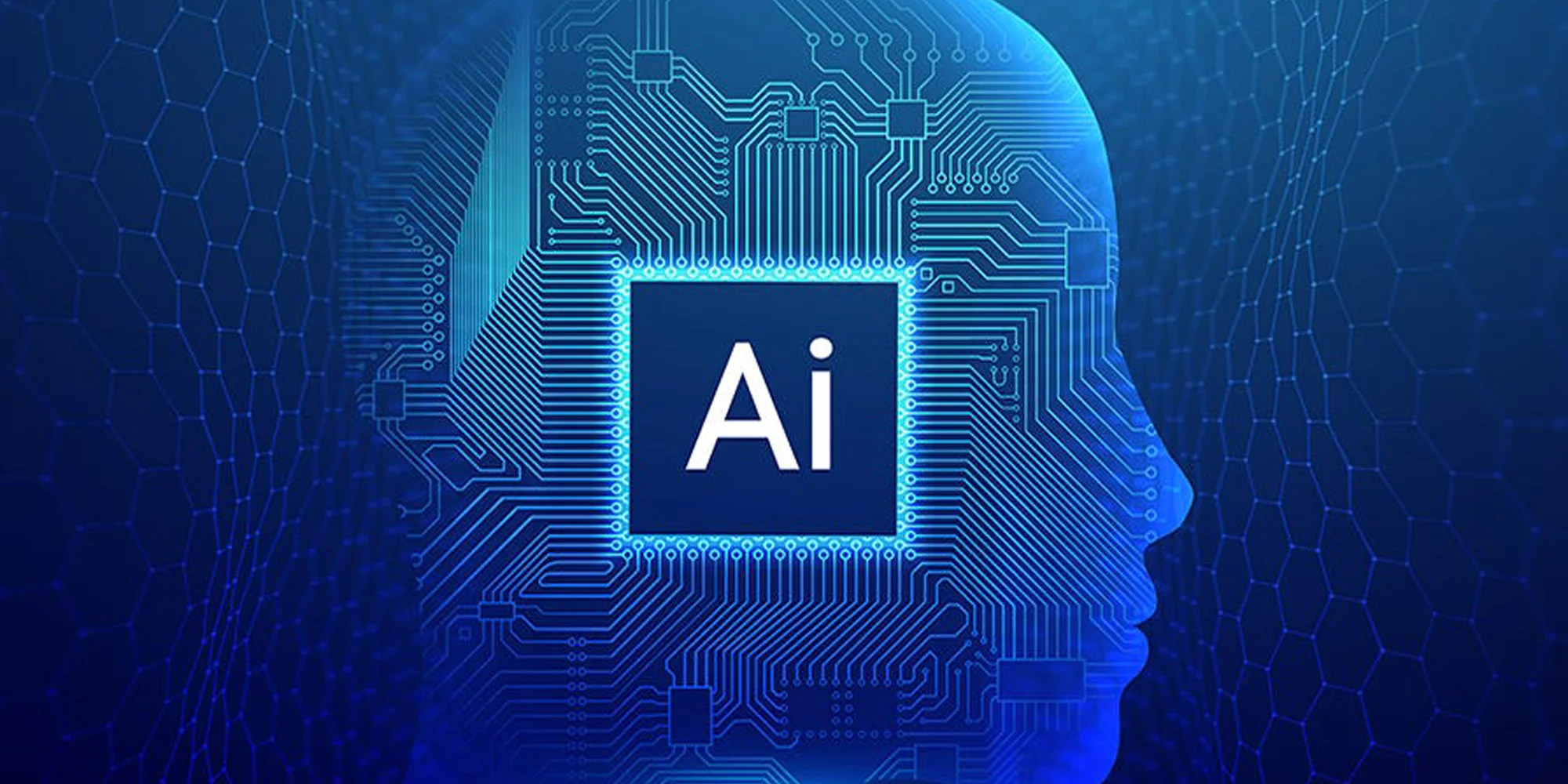Necessary Always Active
Necessary cookies are required to enable the basic features of this site, such as providing secure log-in or adjusting your consent preferences. These cookies do not store any personally identifiable data.
|
||||||
|
||||||
|
||||||
|

In the recent few years, AI technology has grown leaps and bounds with a staggering pace. Systems powered by AI currently being used are significantly improving and enhancing efficiency in day-to-day life. Today, AI technologies are creating a digital landscape that spreads beyond physical borders and integrates numerous industries. These technologies are impacting and changing industries such as manufacturing, healthcare, automobile, legal, and agriculture. Few AI trends that change how we look and interact with technology today.
Developments in AI are growing exponentially and are expected to change the ways we live and work beyond imagination. According to a recent study done by Deloitte, they found that 82% of companies have invested in AI and have gained positive returns. Also, out of 82% of respondents, 35% said that the business decisions are being made faster and better, 42% agree that internal operations are being optimized, 32% think the same about external operations, and 44% said that their current products are being enhanced.
Companies are already reporting profits leading to a high demand for AI to replace repetitive and basic problem-solving tasks in companies. So let’s see some of the top AI trends that will impact not just our life but how we work and interact with machines.
There are lots of ongoing debates on how AI will change the workplace and replace jobs. However, there are also predictions that it will offer more jobs than those lost. The debate is endless but there is no doubt that AI systems will make decisions instead of humans in industrial settings. They will be responsible for decisions such as approving loans, customer services, identifying corruption and financial crime, and many others. For example, the growing role of technology in the retail sector such as e-commerce solutions has been developed. It has led to the closing of local stores without effective online strategies.
However, in January of 2018, Amazon opened its first high-tech grocery. The store did not have any traditional checkout and used the same AI tech as used in self-driving cars include sensor fusion, computer monitoring, and deep learning. Also, Walmart in 2022, is set to introduce thousands of robots to its workforce to help manage inventory, keep shelves in order, and others. Also, automated payment systems, robots, biometrics, fingerprint scanner, facial recognition tools, and many other AI-powered technologies will change the way companies operate.
NLP and speech recognition solutions are powering businesses with information that delivers business value. According to the PwC recent report, today, customers increasingly prefer chatbots making them the second most preferred communication channel. They are also benefiting companies as they are available round the clock and are easy and cheaper to implement.

Juniper Research recently predicts that chatbots will help companies save up to 8 billion dollars annually by 2022. NLP is also giving rise to more AI trends such as virtual assistants. In research by Deloitte, around 64% of smartphone users communicate with their virtual assistants such as Siri and Google Assistant. According to another prediction by Gartner, up to 25% of companies will have integrated chatbots or a virtual assistant for customer service by 2022.
Artificial intelligence is playing a crucial role in the development of computer vision processing to surveillance networks. New developments in computer vision are making systems more aware systems to help manage traffic flow, protect property, and improve operational efficiency in different industries. Computer vision allows industries to smartly deploy people and resources, in addition to, enhancing situational awareness.
According to an AI-powered business prediction by MarketsandMarkets the market for computer vision technology is expected to rise with a CAGR of 7.80% between 2018 and 2023. The market will be mainly driven by the adoption of computer vision devices such as autonomous vehicles, advanced cameras, and image sensors.
Currently, deep learning is the most trending toping in the field of artificial intelligence. It is the same technology that is being used for voice control, image recognition, and even driverless cars. The rising number of voice-enabled applications such as Alexa and Google home the importance of deep learning even more.
The demand for such voice-controlled devices is rising and so if the interest of researchers in the next generation of algorithms. There are predictions that deep learning will help enable machines to solve most complex problems, help apply data insights more effectively, facilitate customer success, and prevent fraudulent activity to accelerate multiple business processes.
Today, more and more people are using voice assistants to perform tasks such as calling, searching the web, and others. According to the National Public Media report, more than 40 million people in the U.S. are using a smart speaker. As people are becoming more accustomed to interacting with voice-powered devices the sale of the smart speaker will continue to rise which will simultaneously increase the use of voice search. Hence, it has become very important for businesses to focus on voice search to keep up with the competition.
Blockchain and artificial intelligence are facing challenges of their own such as security and scalability and privacy and trust issues respectively. However, combining both of these technologies can power decentralized data marketplace and fueled AI algorithms in becoming transparent and trustworthy as they analyzing vast amounts of data to solve issues.

In healthcare, artificial intelligence is used to perform administrative tasks. However, it can also be utilized to accomplish many clinical healthcare functions. For example, IBM Watson-Oncology can choose drugs for treating cancer patients with better efficiency than human experts. AI has the potential to offer enormous features to healthcare. Not only in Health Care but Artificial intelligence in agriculture, manufacturing, automobile and many more industries have resulted in increased accuracy.
Rising completion in the market has increased the need for businesses to produce good and engaging content. Content creation and several other business tasks are time-consuming and monotonous. AI can be the solution for the increasing amount of work as a business can generate content faster and more effectively.
Artificial intelligence can be accelerated by increasing access to quantum computers. The performance of deep learning can be increased by quantum computing which can enable greater computational power and speed. This can help in solving; unsolvable problems such as finding planets similar to Earth that are present in the galaxy, climate change, or the ability to destroy cancer.
For example, GPUs or graphics processing units that have parallel processing capabilities were able to help accelerate AI deep learning. It was able to provide it with greater computational power than CPUs or central processing units to process terabytes of big data in machine learning.
Businesses are increasingly implementing predictive analytics solutions for their logistics and supply chain as it can increase the company’s efficiencies. According to Accenture, AI has been adopted for logistics and supply chain processes by 36% of organizations, and 28% of respondents that they will soon deploy AI for the same field.
AI-powered tools can help them predict accurate demand forecasting which can be used for capacity planning, allowing them to be more proactive. Logistic companies can decrease the number of total vehicles needed for transport, direct vehicles to locations with high demand, and significantly lower operational costs.
They will offer multiple benefits that will change the way businesses work. AI is already being implemented in companies across different industries and is predicted to be a part of every country by 2022. AI is extremely flexible and can fulfill every business’s purpose. It can also provide new features and can be customized. This makes it very crucial to bring AI trends to business processes.
Sign up to receive our newsletter featuring the latest tech trends, in-depth articles, and exclusive insights. Stay ahead of the curve!